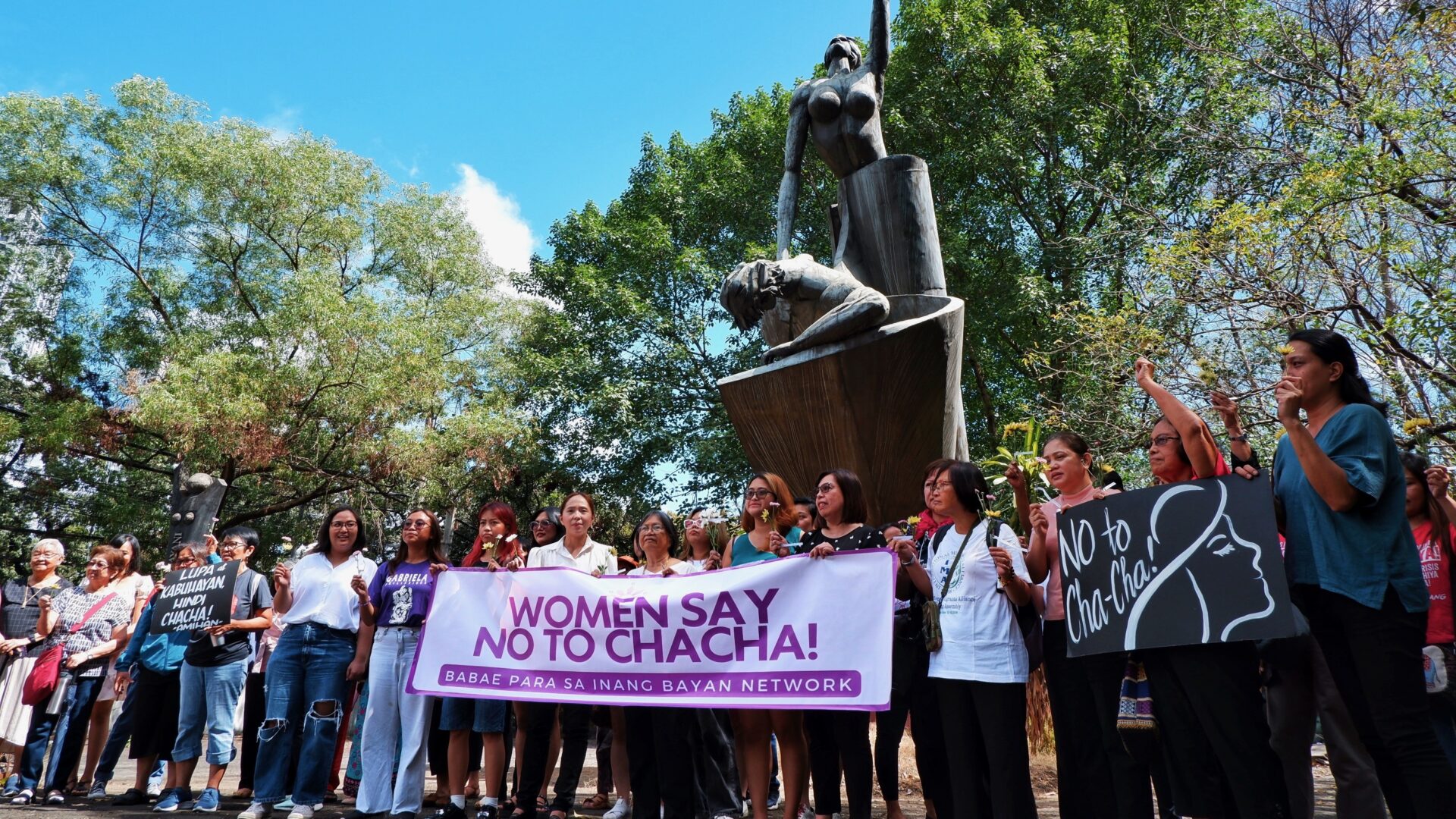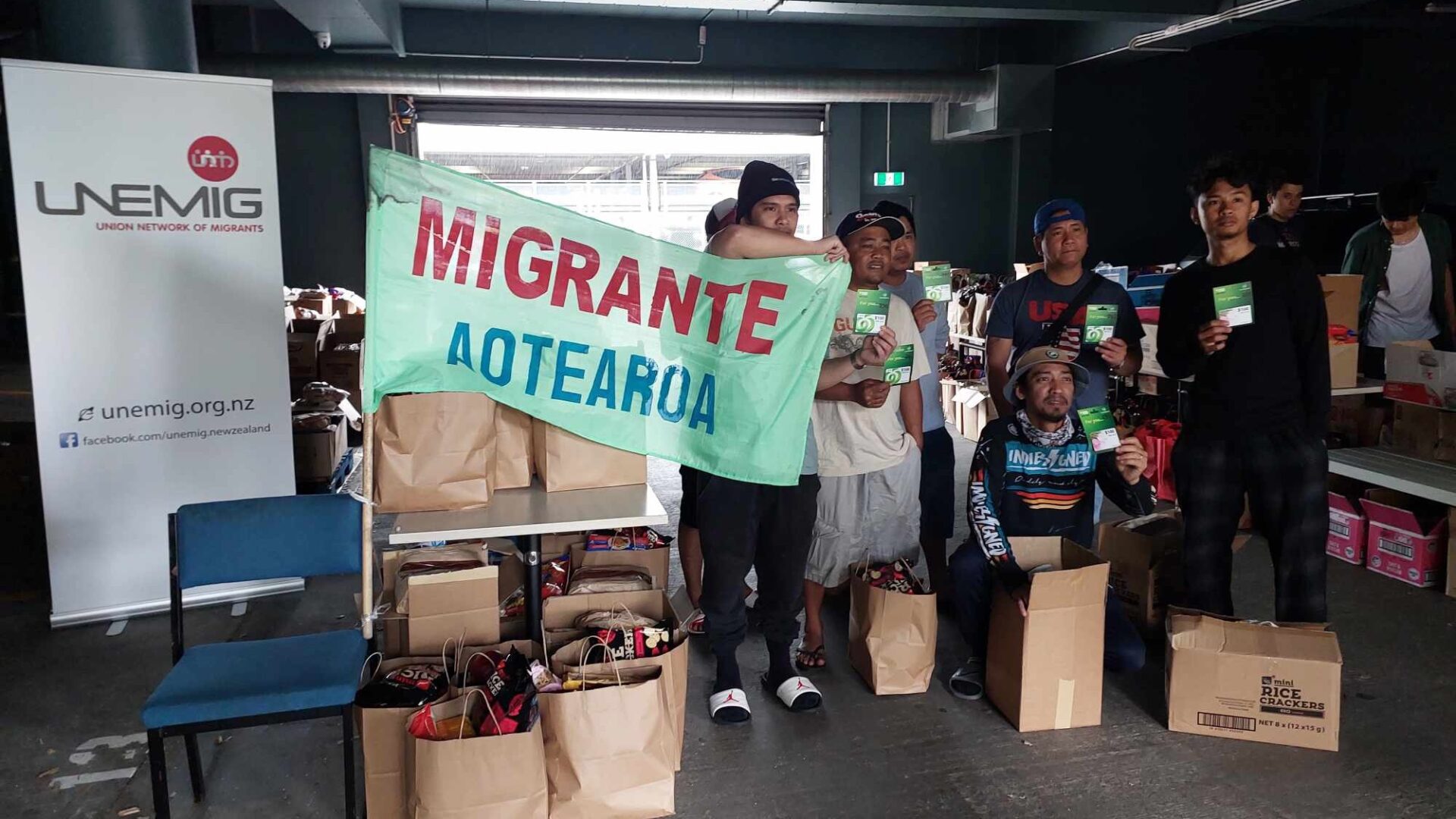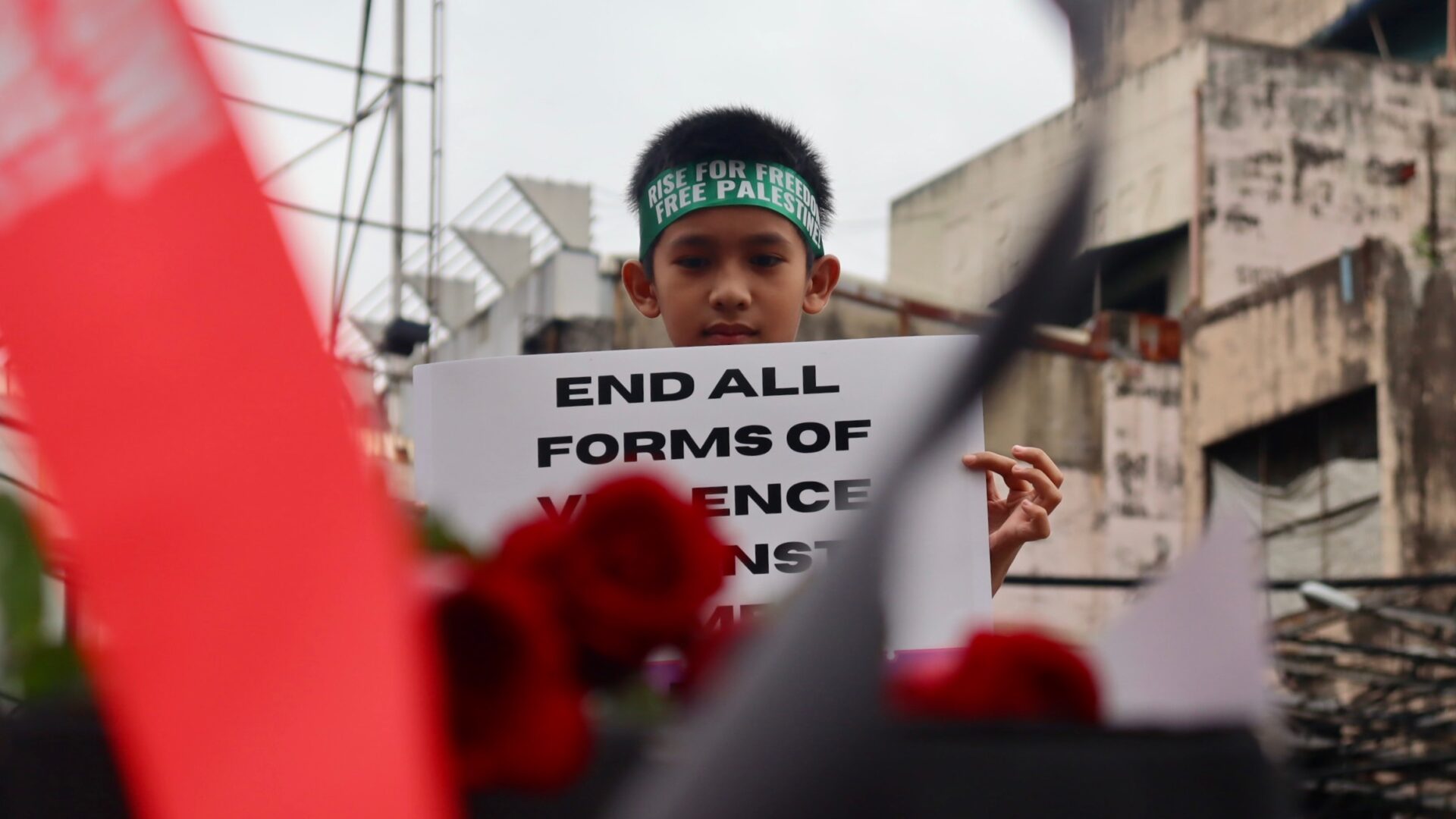Monique Wilson: One billion to rise for justice in 2014
She quit her work as teacher in a prestigious theater school in London, England. Now renowned Filipino theater artist and activist Monique Wilson has returned to the Philippines to help lead the “escalation” of last February’s One Billion Rising (OBR). In a press conference in Makati City on Wednesday, Wilson explained that for February 14, […]
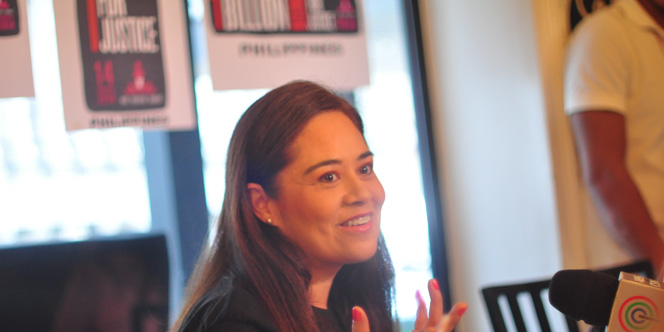

She quit her work as teacher in a prestigious theater school in London, England. Now renowned Filipino theater artist and activist Monique Wilson has returned to the Philippines to help lead the “escalation” of last February’s One Billion Rising (OBR).
In a press conference in Makati City on Wednesday, Wilson explained that for February 14, 2014, the global movement to end violence against women and girls (VAW) is now more focused on calling for justice for victims of violence in all forms — from sexual to environmental to economic and political.
“We only envisioned it as a one year campaign. But because of the success of the campaign last February, and (after) hearing from activists from around the world, we realized that the journey has just begun,” she said.
Wilson noted that OBR’s success in the Philippines and in more than 200 countries last February served to press upon the importance of the fight against VAW and the need to highlight various forms of violence experienced by women around the world.
An escalation
“This year’s focus is on how women are being denied justice. That’s the difference now,” she explained. “It’s still an artistic, activist action, but it’s symbolic. So, for example, people can gather outside Congress, outside the courts, outside schools, outside workplaces. Anywhere they feel that justice is being denied of them.”
She added that grassroots organizations led by the women’s alliance, Gabriela, will again be spearheading OBR in the Philippines.
Wilson, meanwhile, was made Global Director for OBR for Justice in 2014. She described it as her “dream job” that necessitated her giving up teaching and moving back to the Philippines.
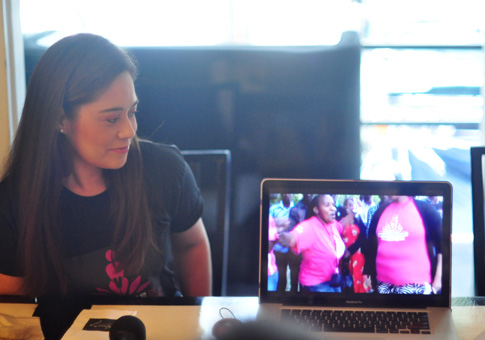
“It was a huge life change, but one that I am really grateful for and welcome. Because for a long time, I have been dreaming that one day I could just do this, as a full time thing. You just follow where your heart goes. And, as you know, it’s what I’ve been so passionate about for the last 13 years,” she said.
One of the highlights of the OBR campaign for 2013 was leadership of grassroots organizations. “It was really their issues that were pushing the campaign to the forefront,” Wilson explained.
“That’s extremely important (grassroots groups taking lead of OBR). Because we have to look at the marginalized communities in terms of violence against women. We have to look at economics. We have to look at our policies. We have to look at our military. We have to look at corporations. We have to look at mining,” she added.
Workers, for instance, are still denied the P125 wage hike that they have advocated for and need, Wilson said. “Eighty percent of workers are women. They are still contractual,” she added.
She also said women and children bear the brunt of repressive policies and and even political crises, such as the pork barrel scandal and the Zamboanga City standoff.
Model for grassroots campaigning
Tony award-winning playwright and activist Eve Ensler conceptualized OBR after years of staging her ground-breaking play, The Vagina Monologues (TVM), all over the world.
OBR is a protest movement primarily using dance and performances to call attention to all forms of VAW.
Since year 2000, Wilson has been active in the V-Day Movement, and pioneered the staging of TVM in the Philippines.
As the country’s coordinator for OBR events, Wilson partnered with Gabriela, and involved other grassroots sectoral organizations like Kilusang Mayo Uno (KMU), Migrante International, Alliance of Concerned Teachers, and many others, to campaign for OBR in the Philippines.
This led to Gabriela’s long-time supporter, the multi-awarded advertising agency DM9JaymeSyfu, producing a song for OBR Philippines called “Isang Bilyong Babae ang Babangon” (One Billion Women Will Rise).
OBR Philippines had its own dance moves as well as a music video that went viral online. A version of the music video and a Public Service Announcement were shown in cinemas across the country, courtesy of the Motion Picture and Television Review and Classification Board or MTRCB and the Quezon City Government.
Wilson said with the success of OBR activities in the country last year leading up to the “main rising” in Morato Avenue, Quezon City last February 14, 2013, many countries now look upon the Philippines as a model for staging OBR.
Audio recording of press conference:
Kodao Productions‘ newsreel of the press conference:

